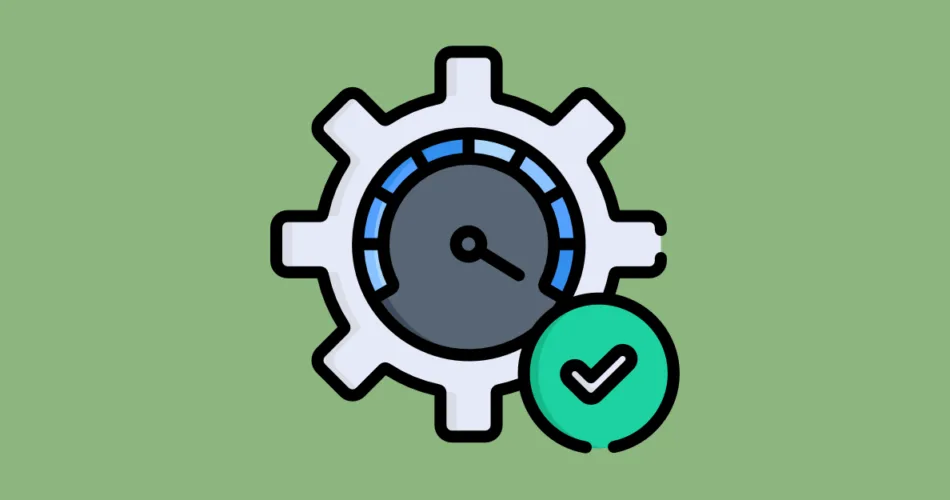Java Performance Optimization is the practice of enhancing the speed, efficiency, and responsiveness of Java applications. It involves identifying and resolving bottlenecks, reducing memory usage, and optimizing code execution to ensure that the application performs at its best under various conditions. This process requires a deep understanding of the Java runtime environment, as well as proficiency in analyzing and profiling code to pinpoint areas that can be improved.
Java offers a robust platform for building powerful applications, but optimizing your code for performance is essential to deliver a seamless user experience. Here are some expert tips to enhance your Java code’s efficiency:
- Use Efficient Data Structures: Choose data structures that match your application’s needs. HashMaps, ArrayLists, and other collections are optimized for different use cases.
- Minimize Object Creation: Reuse objects whenever possible to reduce memory overhead. This can be achieved by employing object pooling or recycling mechanisms.
- Avoid String Concatenation in Loops: String concatenation creates new objects in each iteration. Use
StringBuilderfor efficient string manipulation within loops. - Optimize Database Operations: Batch your database queries and use indexing for faster data retrieval. Utilize connection pooling to minimize connection overhead.
Use Multithreading Wisely: Leverage Java’s multithreading capabilities to execute tasks concurrently and improve performance. However, be cautious of synchronization overhead and potential race conditions.
Implement Caching: Basically, store frequently accessed data in memory using caching libraries like Guava or Ehcache. This reduces the need for repeated calculations or database queries.
Profile Your Code: Utilize profiling tools to identify performance bottlenecks. Focus on optimizing the most critical parts of your codebase to achieve meaningful performance gains.
Optimize Memory Usage: Be mindful of memory consumption. Avoid memory leaks by releasing resources properly and using memory-efficient data structures.
Use Buffered I/O: When working with file operations, employ buffered I/O to minimize disk read/write operations and enhance overall performance.
Optimize Algorithm Complexity: Choose the right algorithms for your tasks. Algorithms with lower time complexity (like O(log n) or O(1)) are more efficient for large datasets.
Minimize Reflection Usage: Reflection can impact performance. Whenever possible, avoid using reflection for object creation or method invocation.
Regularly Update Libraries: Keep your libraries and dependencies up to date. Newer versions often include performance improvements and bug fixes.
By applying these performance optimization tips, you can ensure that your Java applications deliver impressive speed and responsiveness, enhancing user satisfaction and overall software quality.
Note: While these practices can significantly improve performance, always measure and benchmark your code changes to ensure they have the desired impact.
Subscribe to our email newsletter to get the latest posts delivered right to your email.


Comments